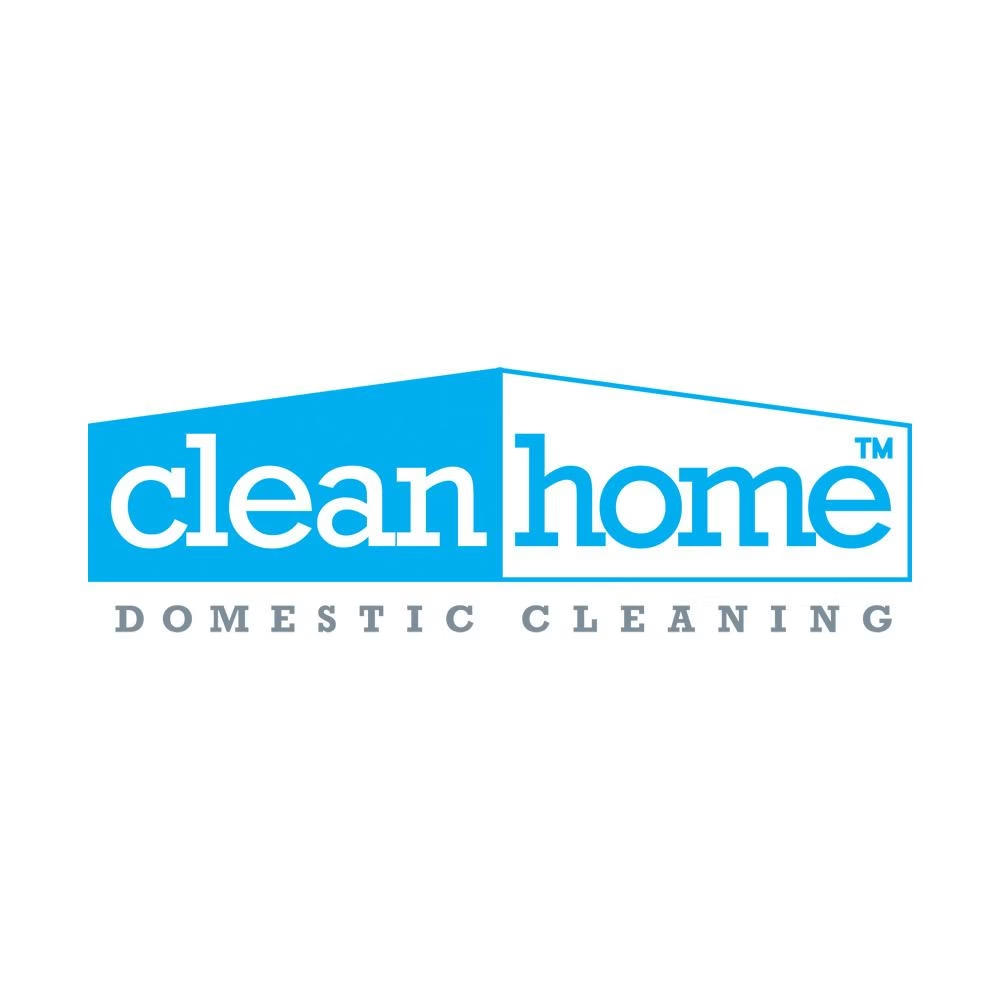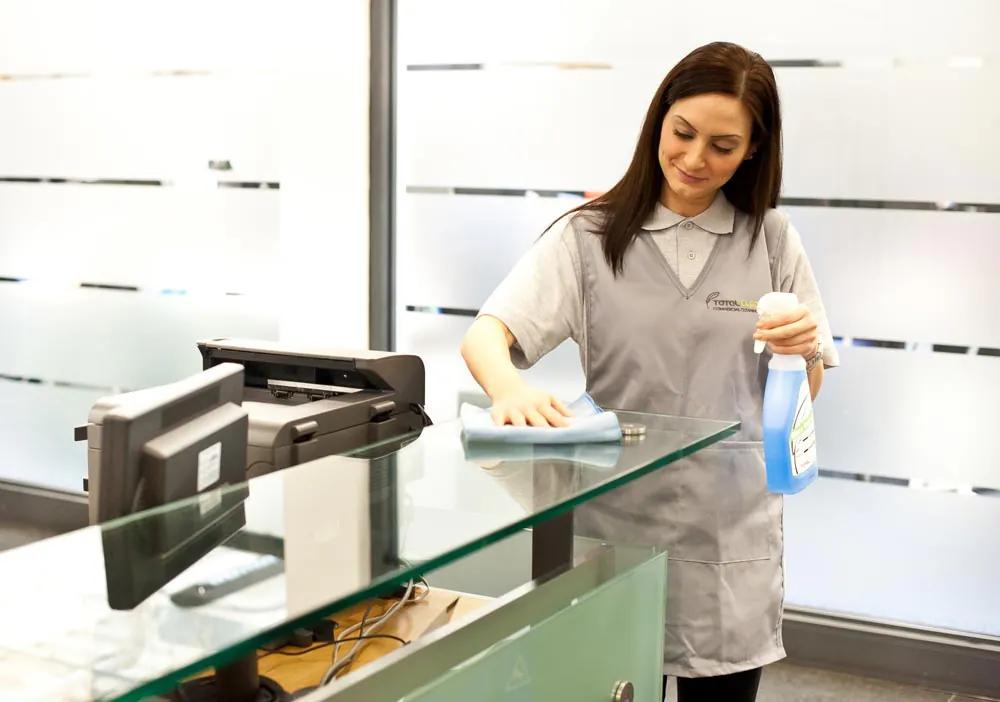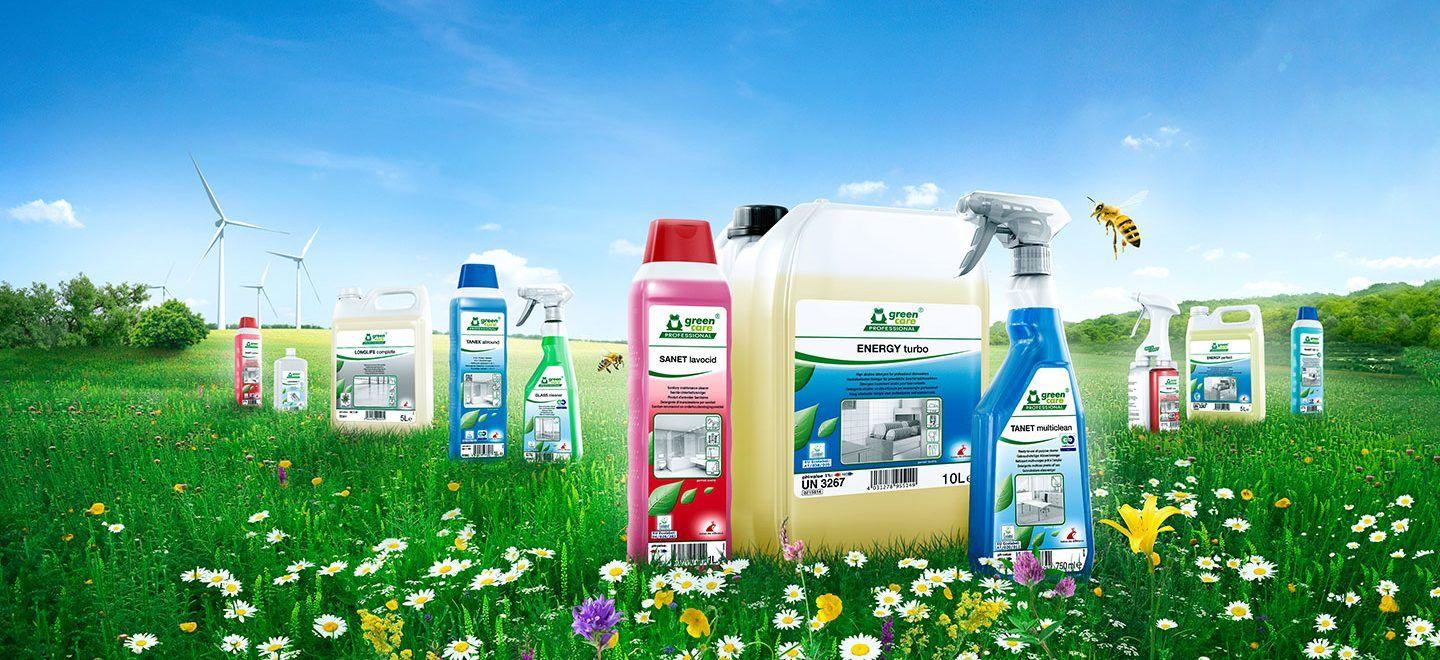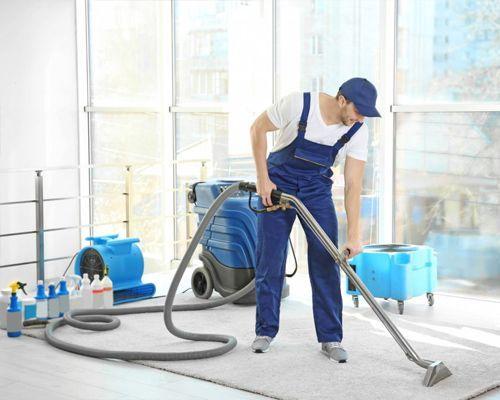
Morning light on the River Cam glints off college windows and glass-walled labs alike, and in a city where medieval courts sit beside start-ups and science parks, the business of staying clean is both everyday and intricate. Cambridge’s mix of student lets, family terraces, period townhouses, and high-footfall commercial spaces creates a broad demand that ranges from routine domestic tidying to specialist deep cleans. Landlords prepare for churn at the end of term; cafés and clinics keep pace with compliance; homeowners juggle busy schedules with seasonal mud and pollen.
In this landscape, “cleaning services” can mean weekly household visits, end-of-tenancy and after-builders work, carpet and upholstery treatments, window and gutter care, or full commercial janitorial contracts. Providers differ in approach-some emphasise eco-friendly products and low-water methods; others bring industrial-grade equipment for fast turnarounds. Pricing models vary, too, from hourly rates with minimum bookings to fixed-fee packages.
This article explores how the sector in Cambridge is organised, what services are commonly available, typical costs and lead times, and the practicalities that matter-insurance, vetting, checklists, and guarantees. It also looks at local rhythms and trends, from peak student move-out periods to digital booking tools and greener options. Whether you’re settling into a new flat or managing a workspace, understanding the city’s cleaning landscape can make choosing the right support simpler and more predictable.
Table of Contents
- What defines a reliable cleaning service in Cambridge UK and how to verify credentials
- Price ranges by property type with realistic time estimates and ways to avoid hidden fees
- Eco friendly products and methods that suit local water hardness and historic buildings
- Scheduling strategies for recurring, end of tenancy, and student lets during peak term dates
- Final Thoughts
What defines a reliable cleaning service in Cambridge UK and how to verify credentials
In a city where standards are set by world-class universities and fast-growing tech firms, the most dependable providers stand out through transparent pricing, documented processes, and trained, vetted teams. Look for consistent staffing, clear SLAs, environmentally responsible products, and responsive communication that adapts to academic and business timetables. Strong operators will show evidence of COSHH compliance, site-specific risk assessments, quality audits, and a confident re-clean policy-plus local references across CB postcodes.
- Itemised quotes with scope, frequency, and no hidden fees
- Proof of public liability insurance (often £5m) and employer’s liability
- DBS-vetted staff, uniformed, with photo ID and rota consistency
- Audited checklists, time-stamped sign-off, and supervisor spot-checks
- Eco-conscious products and waste streams aligned to university and lab needs
- Clear key-holding and alarm procedures, plus rapid response for call-outs
- Local references from colleges, labs, landlords, and facilities managers
Verification should go beyond glossy websites-confirm claims using official registers and documents. Cross-check company details on Companies House, validate accreditations on the issuer’s portal, and ask for insurance certificates, training records, and site-ready RAMS. A short trial clean with measurable KPIs reveals quality, communication, and reliability in real conditions. Review cancellation terms, data protection, and scope changes upfront to prevent surprises.
- Confirm legal status on Companies House (registered address, directors, filings)
- Verify SafeContractor, CHAS, BICSc, ISO 9001/14001 on issuer databases
- Request insurance evidence (dates, limits, insurer/broker contact)
- Ask for DBS policy, redacted proofs, and a staff training matrix
- Review RAMS and COSHH sheets specific to your site and tasks
- Run a trial clean with a checklist, timing, and quality thresholds
- Call local referees and ask about punctuality, consistency, and issue resolution
- Check SLA, re-clean terms, key-holding, GDPR, and equipment PAT dates
| Credential | Why it matters | How to verify |
|---|---|---|
| Public Liability Insurance | Covers accidental damage/injury | View certificate; call broker to confirm |
| DBS Checks | Safer staff in occupied premises | Redacted proofs; written vetting policy |
| ISO 9001 / 14001 | Quality and environmental systems | Check cert number on UKAS/certifier site |
| SafeContractor / CHAS | Health & safety competence | Search provider portals for active status |
| BICSc / Training Matrix | Proven methods and colour-coding | Request training logs and supervisor sign-off |
| RAMS + COSHH | Site-specific risk control | Review dated, signed documents |
| PAT Testing | Electrical equipment safety | Check labels and test dates on machines |
Price ranges by property type with realistic time estimates and ways to avoid hidden fees
Cambridge CB1-CB5 households typically see rates scale with size, condition, and access. For a professional team, realistic on-site time and typical totals look like the breakdown below-assumes average condition; heavy limescale, pet hair, or post-build dust increases time. Most quotes include labour and standard materials; specialist treatments are extra.
| Property type | Team | Est. on‑site time | Typical total | Notes |
|---|---|---|---|---|
| Studio / 1‑bed flat | 2 pros | 3-4 hrs | £120-£180 | Light/medium soiling |
| 2‑bed terrace/flat | 2 pros | 4-6 hrs | £170-£230 | Kitchen degrease incl. |
| 3‑bed semi | 2-3 pros | 5-8 hrs | £220-£320 | Family home refresh |
| 4-5 bed house | 3 pros | 7-12 hrs | £300-£480 | Full deep‑clean scope |
| HMO / student (4-6 rooms) | 2-3 pros | 6-10 hrs | £260-£420 | Shared areas + rooms |
| Post‑builders clean | 2-4 pros | 8-16 hrs | £300-£600 | Dust control + detail |
- Common extras (guide): Oven £25-£50; Internal windows & frames £10-£25; Carpet steam per room £20-£40; Heavy limescale treatment £15-£35; Inside fridge/freezer £10-£20; Parking/permit at cost if not provided.
To keep your invoice predictable, request a line‑item quote that mirrors your agent’s or your own checklist, and share clear photos of bathrooms, oven, and high‑touch areas. In Cambridge’s controlled parking zones, plan access: provide a visitor permit, driveway, or nearby bay to avoid add‑ons. Clarify the VAT status, minimum hours, re‑clean window (for tenancy sign‑off), and whether inside windows, oven, blinds, and skirting detail are included-small omissions cause surprises later.
- Confirm inclusions: Rooms, appliances, inside windows, frames, sockets, and high‑reach areas; note any exclusions in writing.
- Ask “price inc. VAT?” Many quotes exclude VAT; get the total payable on the day.
- Lock/keys plan: Key collection/drop and parking logistics can add fees-agree them upfront.
- Scope by condition: Declare pets, mould, heavy limescale, or builders’ dust for accurate time estimates.
- Cancellation policy: Check free reschedule window and late‑notice charges.
- End‑of‑tenancy pass: Share the agent’s checklist and confirm a re‑clean policy within 24-48h if required.
- Waste & consumables: Clarify who supplies liners, descaler, and whether waste removal is included.
Eco friendly products and methods that suit local water hardness and historic buildings
In Cambridge, chalk-rich mains supply can leave stubborn deposits, so we pair plant-based surfactants with modern, readily biodegradable chelators (e.g., GLDA) to keep detergents effective without harsh residues. For mineral build-up, a 3% citric acid gel gently dissolves limescale on taps and shower screens, followed by a rinse with softened or deionised water to prevent spotting. On lime plaster, limestone, and terracotta, we opt for pH-neutral, stone-safe cleaners, light moisture, and soft microfibre to protect patina. Windows benefit from purified water and lint-free cloths, cutting streaks even in hard water areas and avoiding unnecessary chemicals.
- Water-smart formulas: Bio-based cleaners boosted with GLDA keep performance high in hard water without heavy phosphates.
- Stone-safe approach: Neutral pH solutions; avoid vinegar or bleach on lime-based materials to prevent etching.
- Limescale control: 3% citric acid dwell, gentle agitation, then a softened-water rinse for a spot-free finish.
- Window clarity: Deionised water and microfibre for drip-free glass and lead cames, minimising chemical load.
- Wood care: Dry dusting first; finish with low-VOC, plant-wax emulsions that nourish without silicone build-up.
- Textile sensitivity: Woolsafe detergents, HEPA filtration, and low-moisture methods to protect antique fibres and dyes.
Method matters as much as product choice: dry extraction first (HEPA vacuum and soft brushes) to capture grit, then controlled moisture with structured microfibre for lift rather than abrasion. Where steam is suitable, we use low-pressure, low-temperature passes to release grime on tiles and grout without driving moisture into substrates. Dwell time, not force, does the heavy lifting; spot testing confirms compatibility with aged finishes. Entrance matting, silicone-free polishes, and routine deionised rinses reduce re-soiling and slow mineral build-up, supporting both presentation and preservation.
| Surface/Issue | Local Challenge | Green Solution | Note |
|---|---|---|---|
| Taps & screens | Limescale | 3% citric acid gel | Rinse with softened water |
| Limestone hearth | Porous stone | Neutral pH cleaner | Blot, don’t soak |
| Leaded windows | Water spots | Deionised water + microfibre | Dry edge wipe |
| Oak panelling | Aged finish | Plant-wax emulsion | No silicone sprays |
| Antique wool rug | Delicate dyes | Woolsafe, low-moisture | Test in a corner |
Scheduling strategies for recurring, end of tenancy, and student lets during peak term dates
Cambridge’s academic rhythm calls for a calendar that breathes with term cycles. For weekly or fortnightly clients, lock in a consistent day and window and pre-approve one flex week each term for exams or travel. For move-outs, run a 2-touch plan: deep clean on day one, a short snag visit after the inventory. Student properties benefit from block scheduling-cluster flats by postcode and assign a dedicated key runner. Pair this with buffered travel windows around peak traffic and keep a 10-15% emergency capacity for late key drops or check-out overruns.
- Anchor dates: map Michaelmas, Lent, and Easter to red-zone slots for peak demand.
- Staggered windows: 07:30-09:30, 10:00-12:00, 13:00-15:00 to absorb delays.
- Key control: key safes, agent hubs, and named key runners reduce idle time.
- Inventory sync: book the snag window 12-24 hours after inspection.
- Specialist pods: separate oven/carpet teams to speed turnarounds.
| Term | Peak Days | Book By | Tip |
|---|---|---|---|
| Michaelmas | Mid Dec / Early Jan | 3-4 weeks | Hold oven crew |
| Lent | Late Mar-Early Apr | 2-3 weeks | Pair with inventory |
| Easter | Mid-Late Jun | 4-6 weeks | Linen rotation |
Operationally, scale with split shifts and micro-crews for tight city centres, staging supplies the night before and using app-based checklists to keep times honest. Recurring clients get priority slots; tenancy cleans get fixed-price modules (carpets, ovens, limescale) to avoid scope creep. For student lets, use back-to-back slots within one block, pre-book waste collections, and coordinate linen in labelled crates. Always maintain a 24-hour fallback for landlord rechecks-fast, tidy, and deposit-friendly.
- Capacity guardrails: cap daily load at 85% to keep rush repairs viable.
- Routing: cluster jobs by CB1-CB5 to shave travel minutes.
- Comms: auto-text ETAs and key-return photos for traceable handovers.
- Seasonal add-ons: descaling, mold spot-treating, and patio sweeps post-pollen.
Final Thoughts
In a city where medieval courtyards sit beside cutting-edge labs, keeping spaces clean is part of Cambridge’s quiet rhythm. Whether it’s a student let turning over at the end of term, a family home along the Cam, or an office near the science parks, the right service simply fits the pace of the place.
As you weigh up your options, clarity usually goes furthest: define the scope, ask about products and methods, check training and insurance, and look for transparent pricing and schedules that won’t unravel in busy weeks. For older properties, gentle techniques matter; for high-traffic rentals, reliable turnaround times can make all the difference. If sustainability is a priority, note certifications and waste practices, not just labels.
In the end, choosing a cleaning service in Cambridge is less about sparkle and more about confidence-knowing the everyday will be looked after so study, work, and life can carry on. When the punts drift by and the day settles into evening, a well-kept space simply feels ready for whatever comes next.





